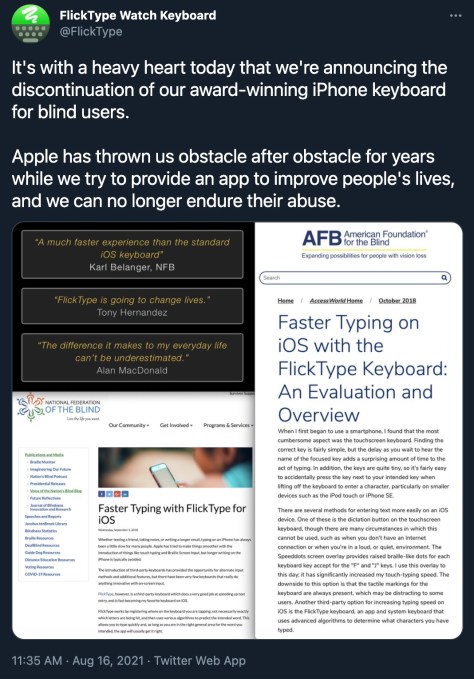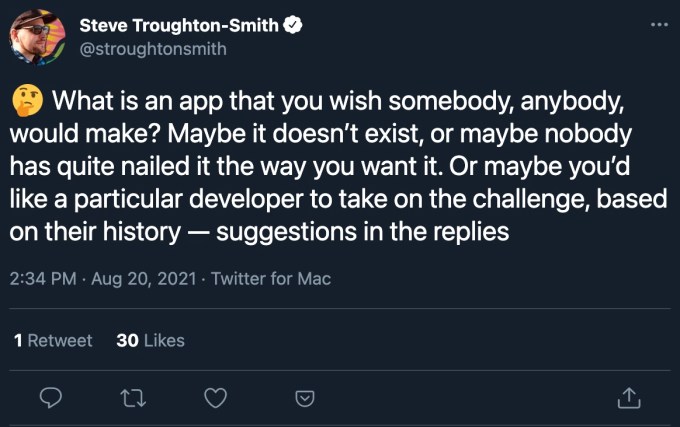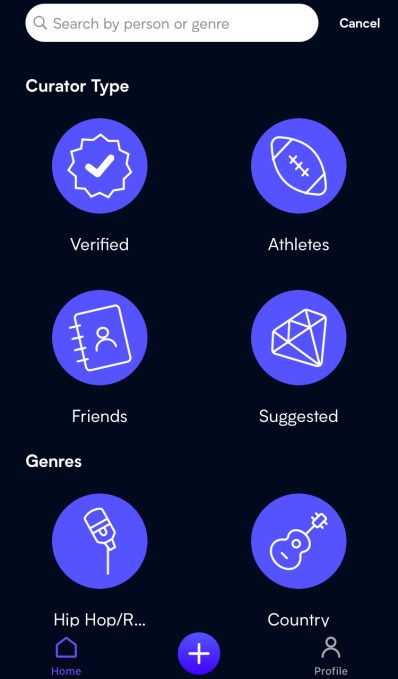In Austin’s tech world, there’s an entrepreneur everyone knows by one name: Whurley. “Whurley” is the Unix username for serial tech entrepreneur Will Hurley, and it’s his brand.
“The phrase Keep Austin Weird should really be tweaked to Keep Austin Whurley, because he embodies so much of what we value in this city,” said Hugh Forrest, programming director at SXSW. “He brings a certain eccentricity to almost everything he does — how could he not with that name? Moreover, his wide variety of professional and personal interests make him almost impossible to pigeon-hole.”
Whurley has successfully co-founded and sold two Austin-based companies: Chaotic Moon Studios to Accenture in 2015 and Honest Dollar to Goldman Sachs in 2016. He didn’t raise any capital for Chaotic Moon. But he did raise $3 million for Honest Dollar. He launched his latest venture, Strangeworks in 2018 and raised $4 million in seed stage capital. In addition, he created Ecliptic Capital, a $100 million evergreen investment fund that could grow to $150 million by the end of the year. Ecliptic is also actively raising the Ecliptic Global Growth Fund which will be $500 million and could see its first close by year’s end, Whurley said.
Attend TechCrunch Live’s City Spotlight: Austin special event! Register here. It’s free.
TechCrunch Live is a free weekly event featuring investors, founders, and startups with the goal of helping entrepreneurs build better venture-backed businesses.
Whurley’s success has tracked with Austin’s success.
“Really, it’s finally fulfilled the vision we’ve all had of it becoming a leading city around innovation, tech, and culture,” Whurley said. “When I moved here in the early 90s everyone talked about Austin as if it were all that but if we’re realistic we had the foundations to be a breakout city but had a long way to go.”
Over the last 10 years, Austin has really evolved into a major tech hub, Whurley said.
“The progress has been tremendous, but it’s a double-edged sword and we need to stay vigilant if we don’t want to lose what makes us “Austin,” he said.
Whurley’s keen insights into the future have gained him the ear of numerous national and international leaders, Forrest said. At SXSW 2022, Whurley did a session on applying quantum computing to transportation problems. And he met with U.S. Secretary of Transportation Pete Buttigieg. At past SXSW conferences, Whurley has launched companies. He’s held legendary parties and also hosted a dinner for President Barack Obama at his house for a Democratic fundraiser the night before President Obama spoke at SXSW.
“But most of all, he will go out of his way to help newcomers (as well as veterans) of the Austin tech scene whenever they need help or advice or counsel,” Forrest said. “We like to say that the Central Texas ecosystem is much more supportive of each other than a lot of other places. In my experience, Whurley has always led by example on this front.”
To that end, Whurley founded Ecliptic Capital in 2018 with longtime business partner and friend, Mike Erwin. Ecliptic Capital provides seed-stage, and early-stage investment to startups. Its portfolio includes Strangeworks, Unchained Capital, Earbuds, Threat Warrior and Sourced Craft Cocktails among others.

Image source: Errich Petersen
Whurley can identify with scrappy entrepreneurs in Austin just starting out and trying to find a foothold here. He is a strong believer in hard work. He is the son of a U.S. Army Special Forces Sergeant and grew up on military bases before his family settled in Temple, Texas. Whurley is a self-taught technologist who never got a college degree.
In 1993, he officially moved to Austin where he had been playing gigs with his band since high school at Ray Hennig’s Music. But a horrific car accident put an end to his band days.
“The city was way different back then,” Whurley said during a recent interview at Strangeworks’ headquarters in East Austin at the corner of Cesar Chavez and Linden. A neon eye, Strangeworks’ logo, glows above the building’s entrance.
Whurley began his career in Austin working for Apple and eventually left to join Austin-based Tivoli in 1997 in its Internet Business Division. IBM acquired Tivoli and Whurley became a principal engineer and master inventor at IBM. But in 1999, he heard the siren song of the Internet and left.
“The whole ‘90s were the early days of the Internet and I saw a lot of opportunity,” Whurley said.
Whurley joined Hirestorm, an online employment app, but it shut down after the dot com bubble burst in March of 2000. Austin got hit hard. A lot of Internet businesses bit the dust like Furniture.com, DrKoop.com, Garden.com and more. Even Intel halted construction of its new office building at Fifth and San Antonio St. downtown. The shell of the building was later demolished and became the site of the Federal Courthouse.
In 2001, for six months, Whurley left Austin to follow a girl to Las Vegas and to break into casinos as a hired hacker. He returned to Austin to launch a cybersecurity startup, Symbiot.
“That company was super cool,” Whurley said. But the U.S. government essentially shut them down in 2005, he said. He worked at another startup, Qlusters, a systems management company and then BMC Software before launching his next venture, Chaotic Moon Studios.
In 2009, Whurley and Erwin met Ben Lamm at SXSW and they decided to launch Chaotic Moon, which focused on software, mobile development and design, the next year.
Chaotic Moon made Whurley rich. He made more money at that company than any of his other ventures, he said. It was also a lot of fun. He built mind controlled skateboards, smart shopping carts and taser drones.
One of the company’s first breaks came when Chaotic Moon landed a contract with Rupert Murdoch’s The Daily to create the first newspaper app for the iPad. Chaotic Moon went on to work with the biggest brands in the business including Disney, General Motors, Samsung, Sesame Street, United Nations and Discovery Channel. In 2015, Accenture bought Chaotic Moon for an undisclosed price.
By then, Whurley had already moved onto his next venture. In 2015, he launched Honest Dollar with Henry Yoshida to focus on bringing retirement accounts to gig workers and small businesses at an affordable price.
Sir Mix-a-Lot played at the Honest Dollar SXSW launch party. Whurley pitched him to invest in the company. But Sir Mix-a-lot turned him down. The next year, Goldman Sachs bought Honest Dollar for an undisclosed price. They announced the sale at SXSW. Whurley joined Goldman Sachs to direct the venture for 18 months.
In 2018, at SXSW, Whurley launched Strangeworks, focused on quantum computing. It is targeting applications in the aerospace, energy, finance and pharmaceuticals industries.
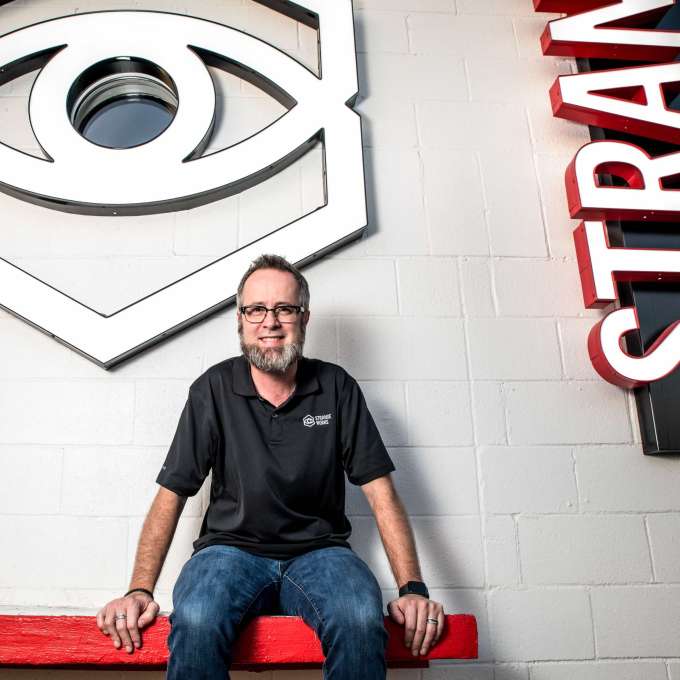
Will Hurley at the Strangeworks corporate offices. Image source: Errich Petersen
“Whurley has a much more nuanced understanding of the long-term future than most. His vision is kind of like that famous Wayne Gretzky quote: “I skate to where the puck is going, not where it has been,” Forrest with SXSW said. “This foresight explains the work he has been doing for the last few years in quantum computing.”
Whurley has spent time at big companies and knows how to approach startups with structure and a system and that’s helped him to be successful, said Amber Gunst, CEO of the Austin Technology Council.
“True legacy building comes through entrepreneurship which makes it such an incredible journey,” Gunst said. Whurley has done that and continues to help others, she said.
Whurley is one of the rare breeds of serial entrepreneurs with multiple successful exits in Austin, said David Perez, founder of Lumen Technologies, who has worked with him on two startups.
“He has big ideas and executes on those ideas,” Perez said. “He also surrounds himself with the right team to get it done.”
No matter how many startups an entrepreneur has done, startups are still hard, Whurley said.
“When a founder tells you everything is great they’re lying to you, themselves, or everyone within earshot,” he said.
People need to stop romanticizing entrepreneurship, according to Whurley.
“Startups rarely end up being what they started out to be, and they’re always in one of two phases…struggling or out of business”, he said. “So be thankful for the struggle because it’s part of the game.”
In addition to his entrepreneurial ventures, Whurley is also a good musician, according to his friend Bob Metcalfe, inventor of Ethernet, founder of 3 COM and former professor of innovation at the University of Texas at Austin.
“Whurley mentions too often that long ago he had toured with a band playing guitar,” Metcalfe said. “One day I called his bluff and demanded he play for us. He agreed, but only if I would sing with him.”
They arranged a gig for 100 people at a WeWork party on Congress Avenue.
“We played my favorite song, “Will You Still Love Me Tomorrow,” Metcalfe said. “I cannot sing, but turns out, Whurley can play.”
Writer’s note: Whurley has been a supporter of Silicon Hills News, the tech news site I founded in 2011.


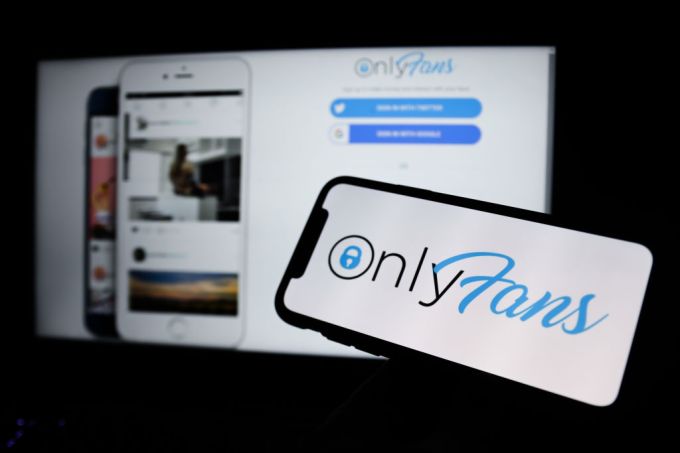
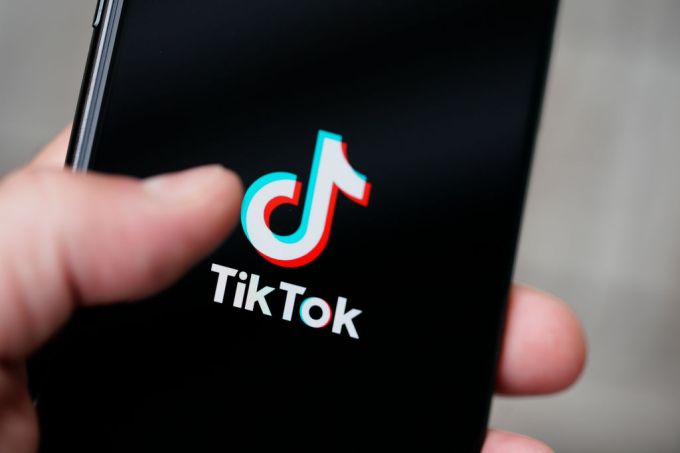

 Apple
Apple 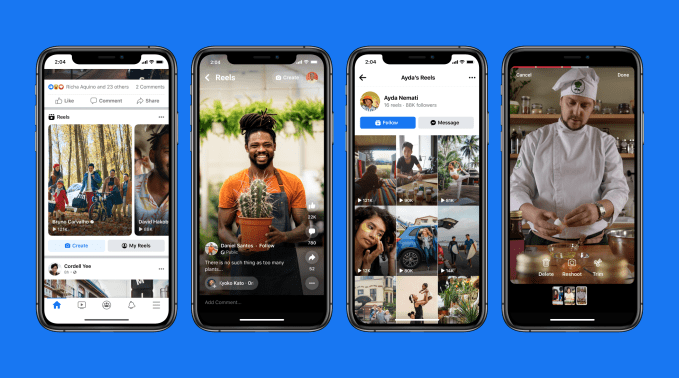

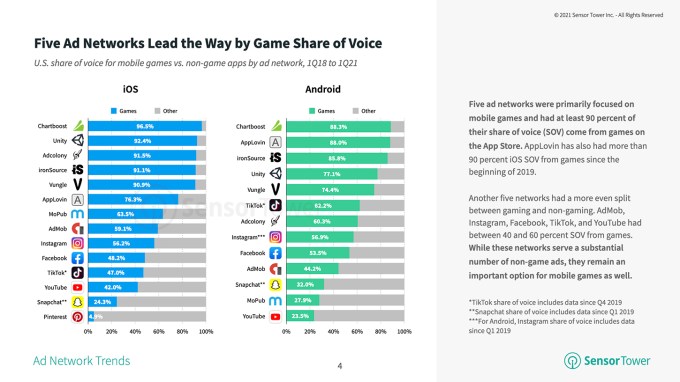
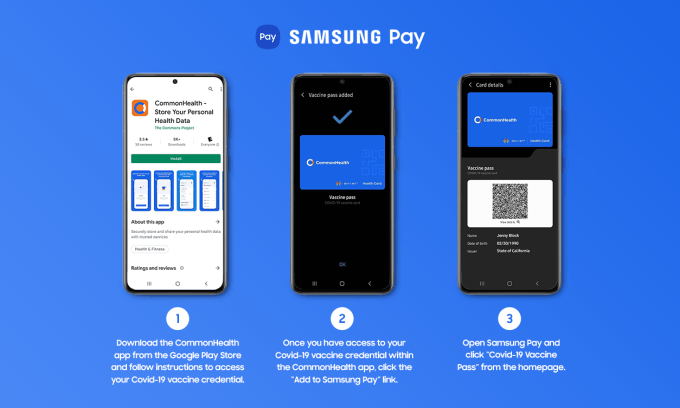
 South Korea’s GS Retail Co. Ltd will buy Delivery Hero’s food delivery app Yogiyo
South Korea’s GS Retail Co. Ltd will buy Delivery Hero’s food delivery app Yogiyo  Indian travel booking app ixigo is looking to
Indian travel booking app ixigo is looking to  Trading app Robinhood
Trading app Robinhood 

